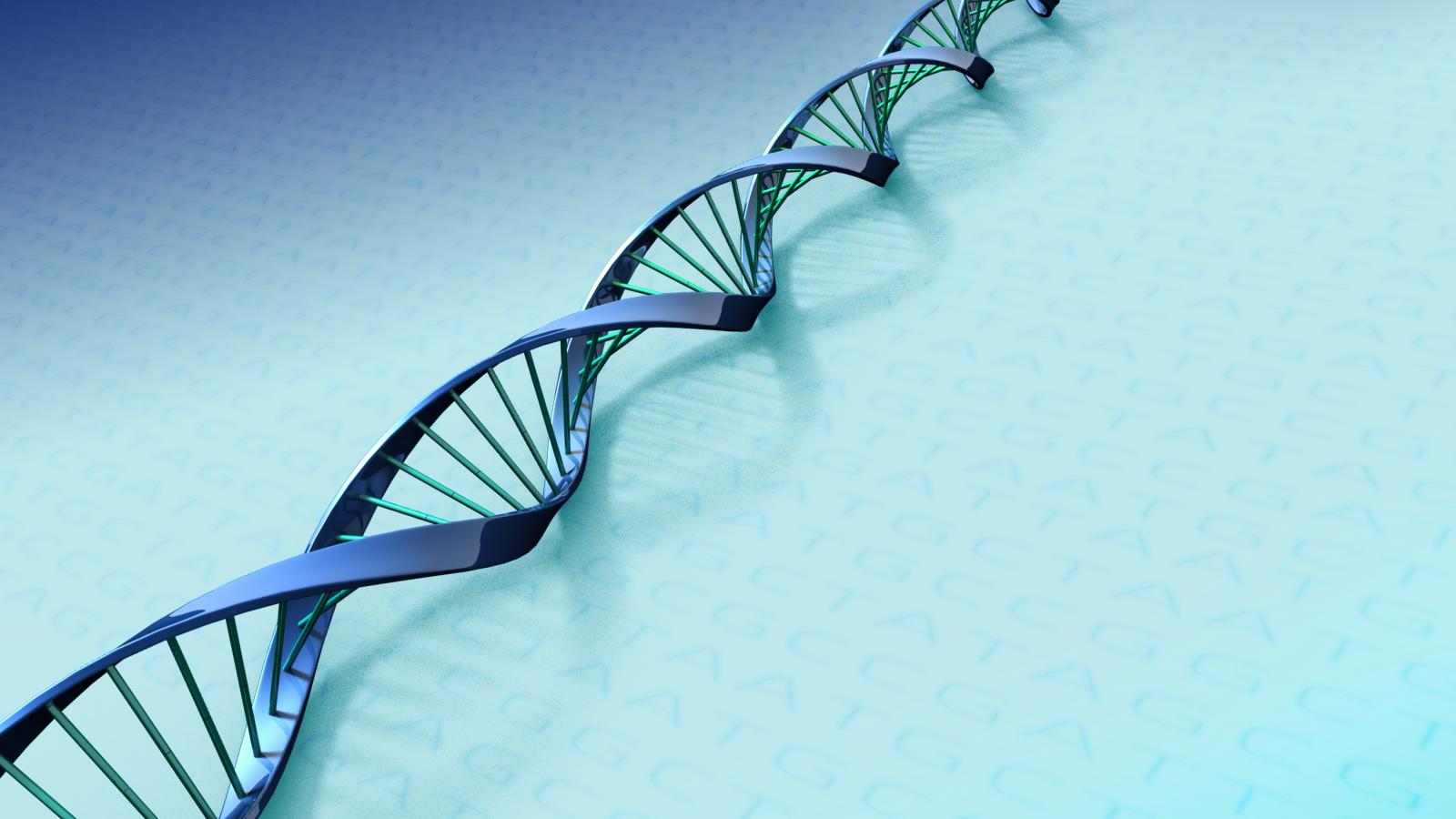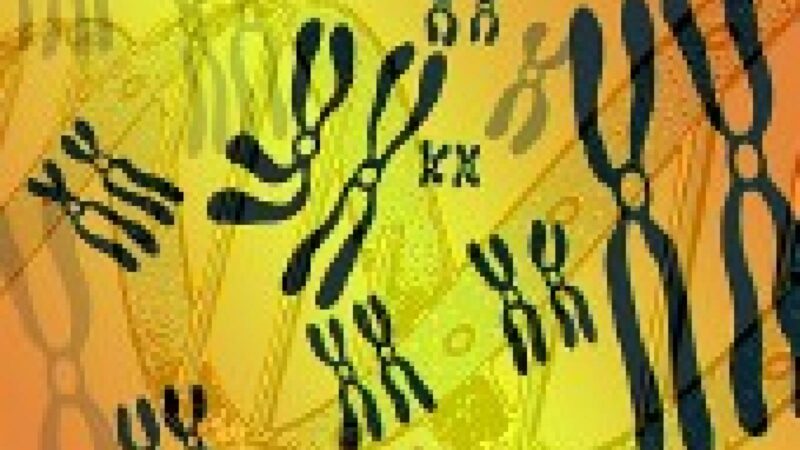Researchers at the National Institutes of Health, led by Dr. Dan Kastner, have led the way in the discovery and understanding of numerous autoinflammatory diseases.
In the current issue of PNAS, they report a loss-of-function mutations in OTULIN (FAM105B) gene, encoding a deubiquitinase with linear linkage specificity. OTULIN is a gene located on chromosome 5 that regulates the development of blood vessels and the mobilization of cells and proteins to fight infection.
Two missense and one frameshift mutations in Pakistani and Turkish families led to an analysis of four affected patients and the identification of a new autoinflammatory syndrome.
Pediatric patients were noted to have neonatal-onset fever, neutrophilic dermatitis/panniculitis, and failure to thrive.
Transfecting the mutated OTULIN into HEK293 cells, resulted in had decreased deubiquitinase activity ultimately resulting in increased signaling in the canonical NF-κB pathway and accumulated linear ubiquitin aggregates.
Levels of proinflammatory cytokines were significantly increased in the supernatants of stimulated primary cells and serum samples. Children with otulipenia have been shown to respond well to TNF inhibitors.
This discovery demonstrates that gened defects in ubiquitin is but another pathway to unregulated cytokine activity that may be amenable for targeted cytokine therapies.
Related Content
-
May 14, 2022
Vexed about VEXAS: Dr. Janet Pope https://youtu.be/hfm54-5IZLQ Diagnosing VEXAS Syndrome https://youtu.be/KOec2hXUBeU …
-
October 28, 2020
-
February 22, 2021
-
January 1, 1970
Saturday's session on autoinflammatory syndromes featured Dr. Dan Kastner addressing - The Adult…
-
November 9, 2021
-
January 1, 1970
Autoinflammatory diseases arise through inappropriate activation of antigen-independent inflammatory mechanisms and can have…









